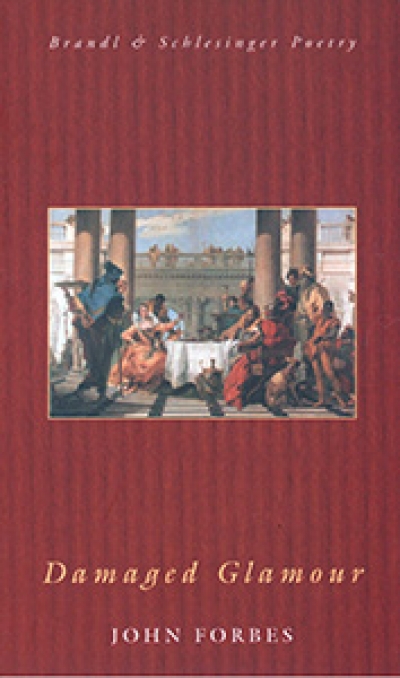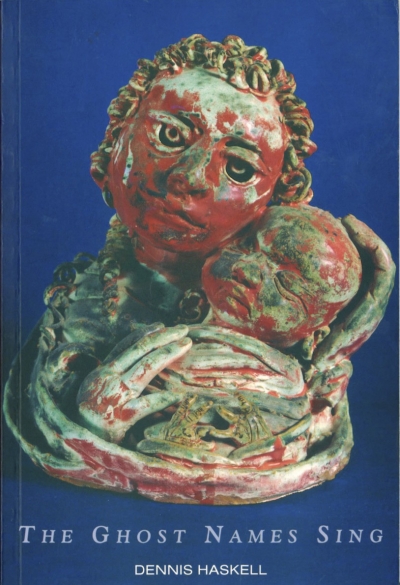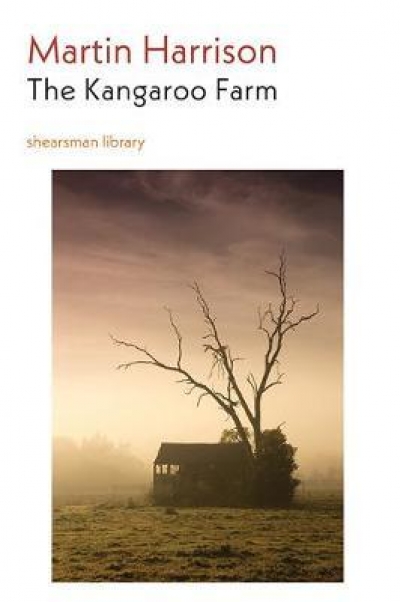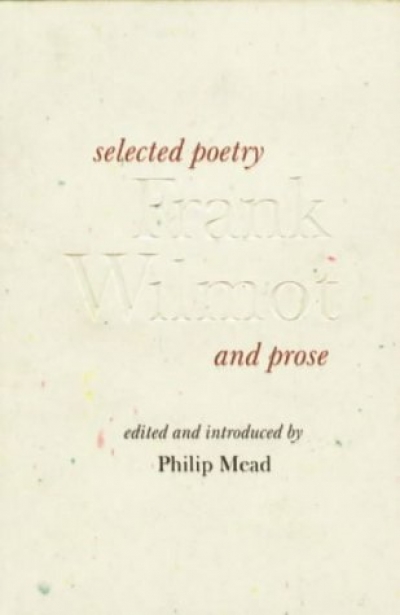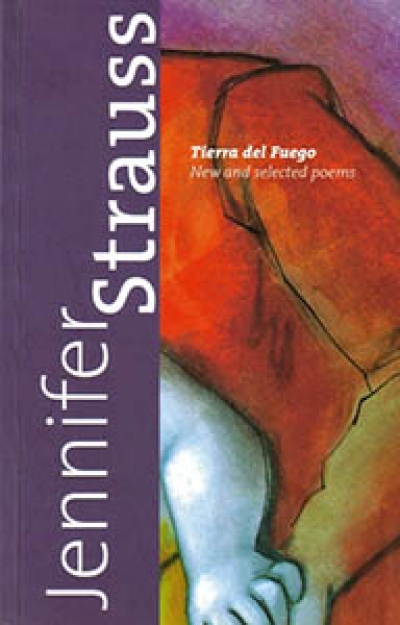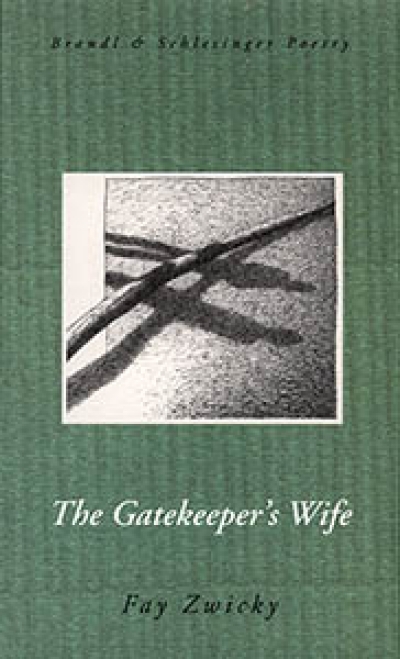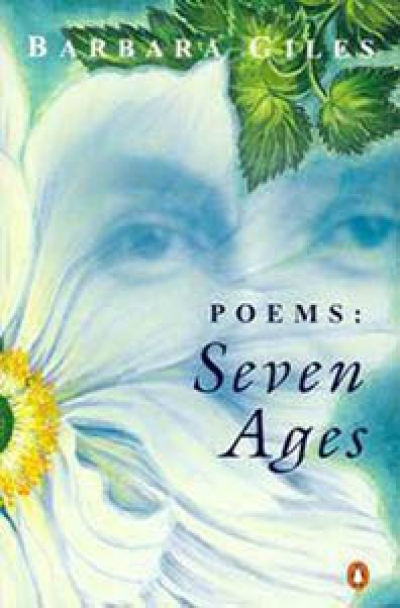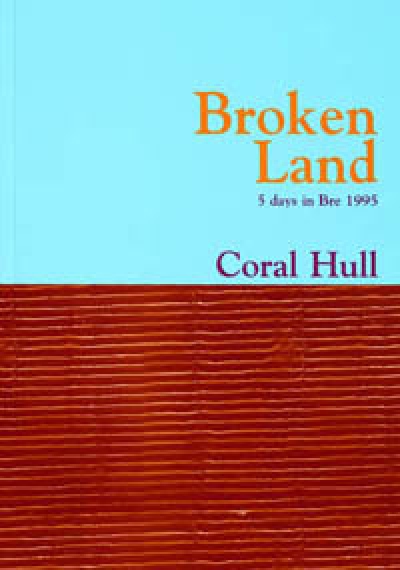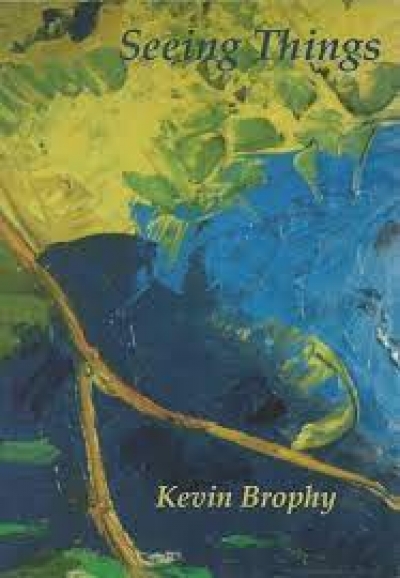Poetry
The Ghost Names Sing by Dennis Haskell & Album of Domestic Exiles by Andrew Sant
by Brian Henry •
Frank Wilmot edited by Philip Mead & Frank Wilmot by Hugh Andersen
by Chris Wallace-Crabbe •
Tierra del Fuego: New and selected poems by Jennifer Strauss
by Stephanie Trigg •
The introduction to this collection(Horns of Dilemma, Papyrus Publishing, $14.95 pb, 108 pp), and the poems themselves, make it clear that Helene Brophy is a woman of much compassion and experience in the humane realms of feminism, teaching and social work, as well as in the more personal spheres of serious injury, illness and death.
... (read more)
